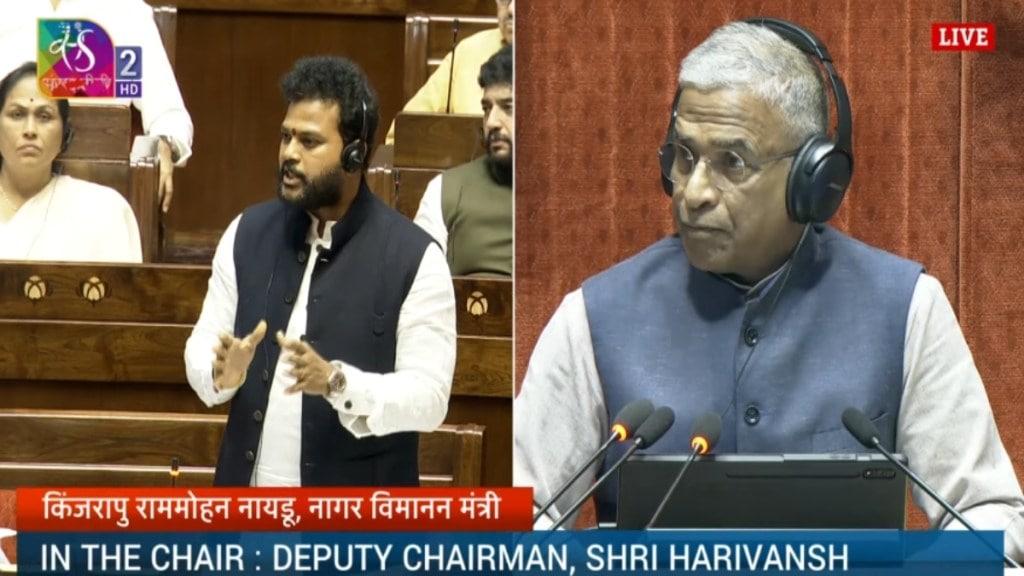The recent Air India crash was discussed during the Monsoon Session of Parliament, but it was the state of India’s aviation regulator that came under sharp scrutiny. Union Civil Aviation Minister Ram Mohan Naidu Kinjarapu, responding to questions in the Rajya Sabha, admitted that the Directorate General of Civil Aviation (DGCA) was grappling with a shortage of technical personnel, with nearly 55% of such posts currently vacant.
To address this, Naidu announced that the government plans to recruit 190 personnel to bolster the DGCA’s capacity. “We are trying to engage the right people. When it comes to technical posts, we have to be careful. Our pool is limited, and those who regulate passenger safety must be the best of the best,” he said.
Raghav Chadha warns, ‘no margin of error in the skies’
AAP MP Raghav Chadha, called the DGCA’s staffing shortage not just a gap, but a “crisis.” He argued that such a high vacancy rate leaves no room for error in aviation safety and urged the government to turn DGCA into an autonomous body like SEBI.
“There is no margin of error in the skies,” Chadha warned, adding that the current regulatory framework may not be robust enough to cope with growing air traffic and operational demands.
Naidu, however, rejected claims that the DGCA is under pressure. “The posts were only recently created. DGCA is not operating under any sort of pressure. We are following through with due diligence,” he replied.
Responding to broader concerns on aviation safety, Naidu outlined how DGCA conducts regular inspections, including spot checks and night surveillance. “If an in-flight malfunction occurs, we follow a stringent protocol largely set by aircraft manufacturers like Boeing. DGCA then adds its own layers of scrutiny before allowing aircraft to resume operations,” he explained.
Crash probe ongoing
Naidu also reiterated that the Aircraft Accident Investigation Bureau (AAIB) had successfully decoded the black boxes from the Air India Boeing 787-8 Dreamliner that crashed shortly after takeoff from Ahmedabad, killing 260 people. The AAIB is conducting its investigation in a transparent, rule-based manner, and its final report is awaited.
The minister also informed the Rajya Sabha of plans to bolster India’s aviation regulatory framework. He informed Parliament that the government intends to recruit 190 personnel for India’s civil aviation regulator, a move aimed at enhancing oversight and ensuring better preparedness for future challenges.
Meanwhile, Naidu confirmed that compensation and support were being provided to the victims’ families, with Air India bearing the majority of the responsibility.
The crash involved Air India’s Boeing 787-8 Dreamliner, operating flight AI171 from Ahmedabad to London Gatwick. Shortly after takeoff, the aircraft crashed into a building, resulting in 260 fatalities. The preliminary report by AAIB was released on 12 July but did not assign blame. The final report, with data from the flight data recorder and cockpit voice recorder, will decode the cause behind the plane crash.

